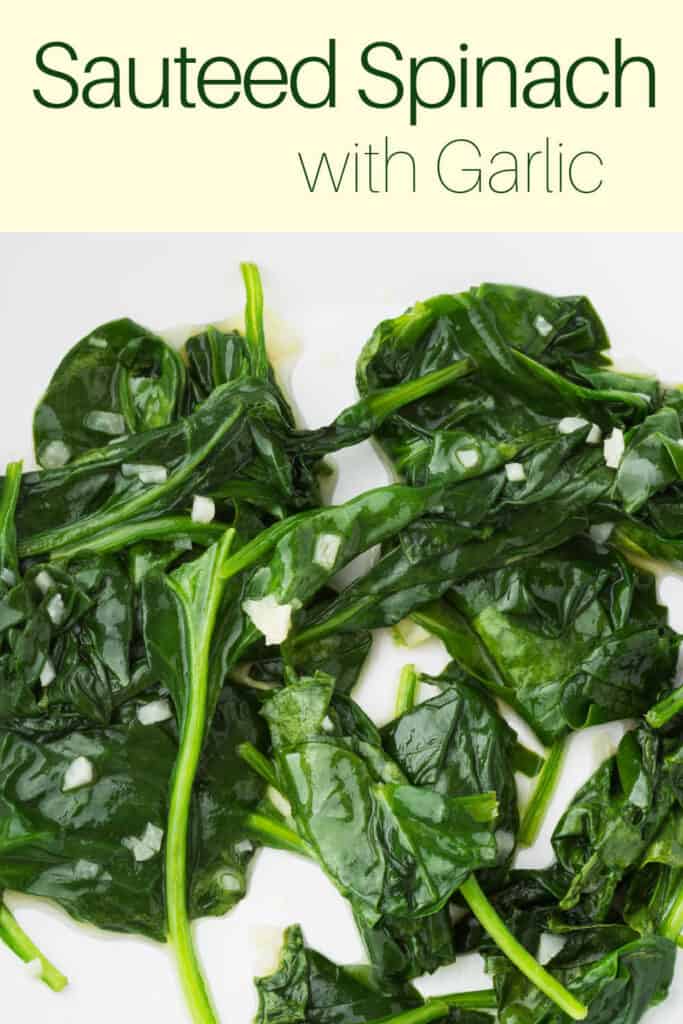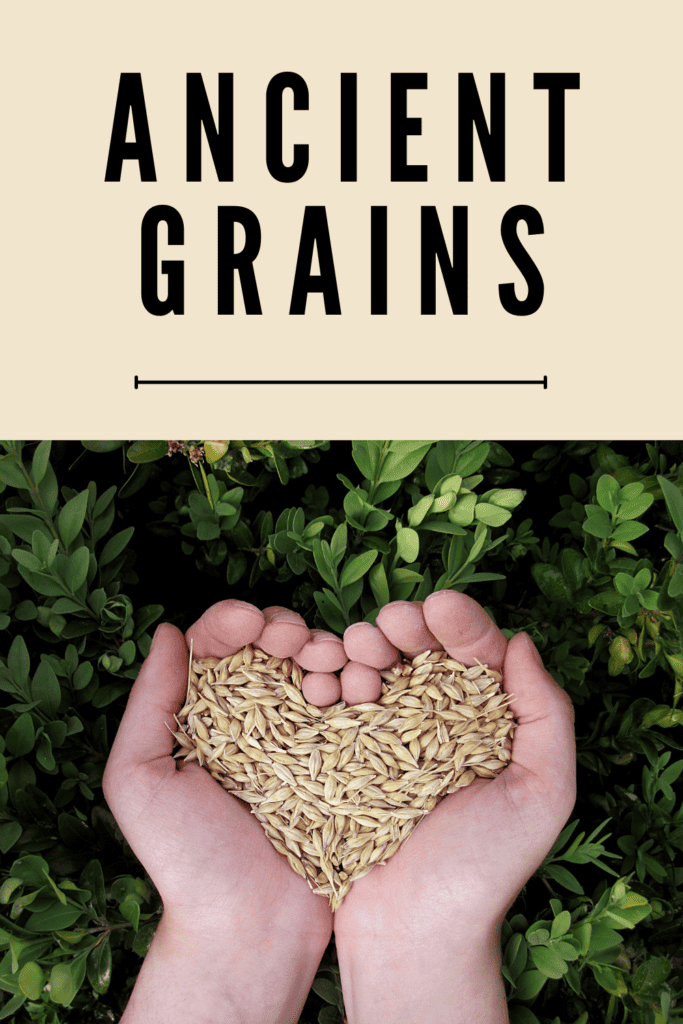Effective feeding techniques promote healthy growth and lay the groundwork for lifelong eating and dietary habits. From the beginning, teach your infant to trust their hunger and fullness cues to foster a healthy connection with food and eating.
Starting around six months of age, babies need solid food and breast milk or formula to obtain enough energy and minerals. Starting solid food at this age is crucial to helping kids learn how to chew and other eating skills.
What to Feed a Child Up to 12 Months?
0 to 4 months
This group’s developmental stages encompass swallowing, sucking, and rooting. The primary source of nutrition should be breast milk or the Holle formula stage (https://thebestfromjapan.com/holle-cows-milk-formula-1-baby). Both can give your infant the proper nutrition and close emotional connection they require.
If you choose to breastfeed, experts in nutrition and medicine recommend doing so for the first 12 months of a child’s life. Breastmilk should be administered as needed, considering your baby’s signs of hunger and fullness.
When a newborn shows signs of hunger, Holle formula is given; it typically involves 6–12 feedings of 2–6 ounces over 24 hours. Solids supplement formula and/or breast milk as the best feeding schedule when introduced.
4-6 months
Now is an excellent time to begin using pureed foods. First, introduce single-grain rice cereal with a baby spoon. When your baby is ready to start eating fruits and vegetables, introduce them to just one new food at a time. Wait three to five days before introducing them to another single food.
6-8 months
Starting with easily dissolved grains, mashed soft fruits and vegetables, and ground moist meats. At this point, start using a cup of one to two ounces of formula or breastmilk. Be mindful of your baby’s hunger cues, and avoid pressuring them to eat or drink more.
8-12 months
Your baby’s thumb and index finger have evolved into a more complex “pincer grasp.” With fingers or toddler utensils, they can start feeding themselves little, bite-sized portions of soft table foods. Your infant can choke on hotdogs, raisins, grapes, raw carrots, and almonds, so avoid giving them any of these things.
Serve a range of foods at three meals and three designated snack times corresponding to the healthy plate, which consists of dairy, protein, soft whole grains, fruits, veggies, and healthy fats (nut butter, avocado).
What to Avoid in Nutrition?
- Milk. Giving your baby dairy milk before they are a year old might cause intestinal bleeding and other major problems.
- Plant-based drinks. Avoid giving your baby soy, rice, almond, or other plant-based milk.
- Honey. Honey can induce botulism, a dangerous disease, in children under the age of 12 months.
- Fruit juices. Your kid may be deterred from eating other healthy, non-sweet foods if they drink too much juice.
- Avoid sugary drinks. Avoid fruit drinks, energy drinks, sports drinks, soft drinks, and teas with added sugar.





